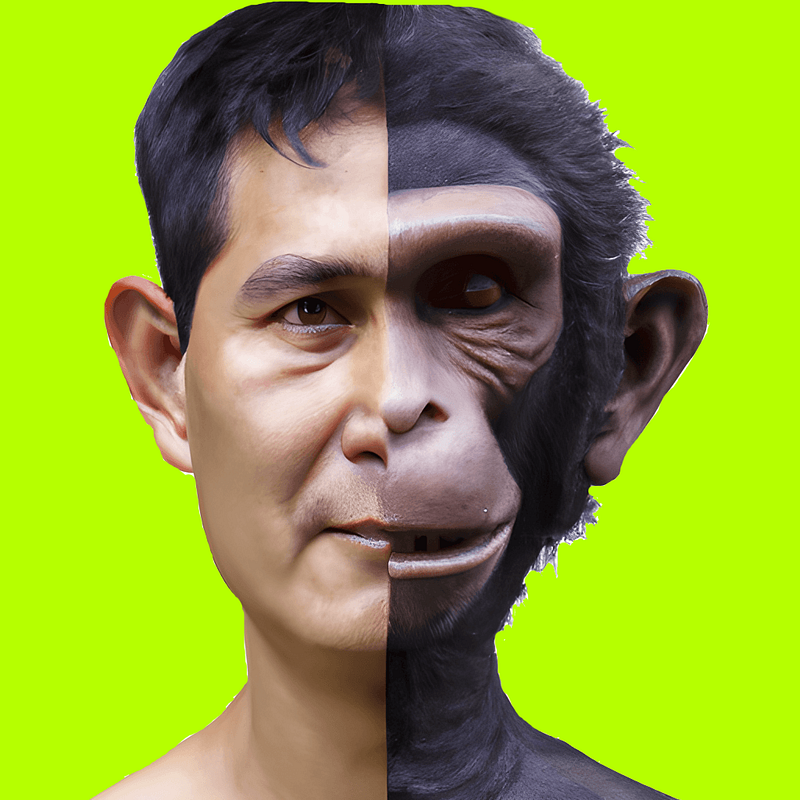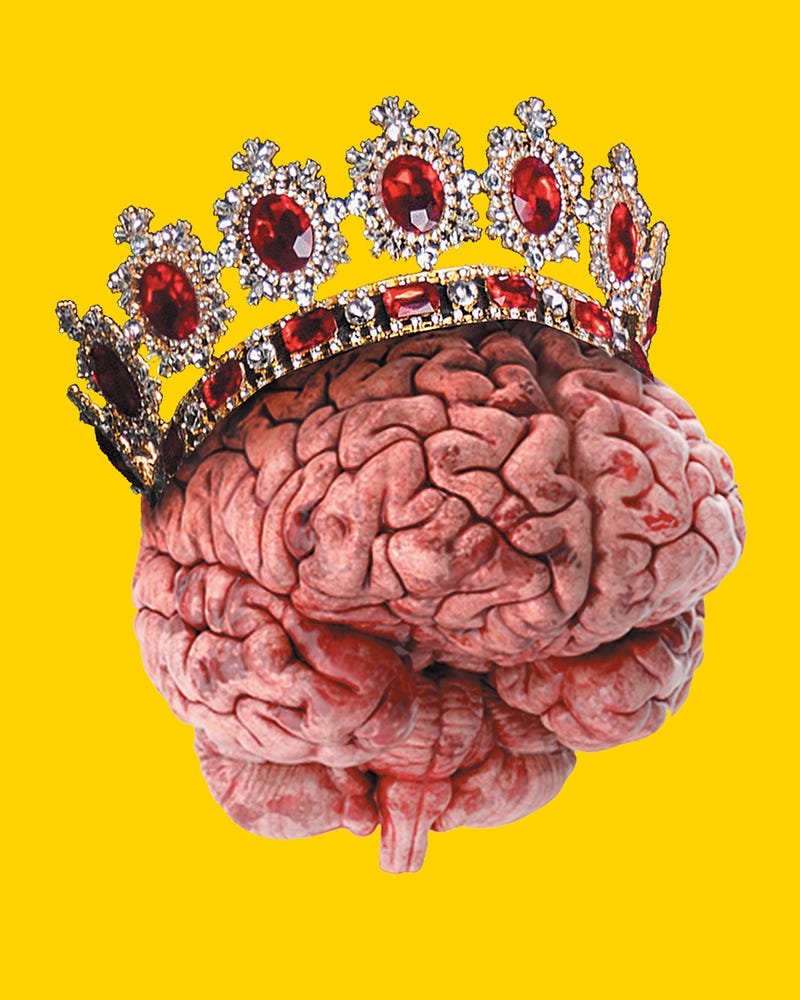# Anthropology: Perspectives on Strength and Evolution
Written on
Chapter 1: Thoughts on Strength in Anthropology
My experience with anthropology was quite peculiar. I thoroughly enjoyed my college course, yet I found myself disagreeing with many of my instructor’s claims. For instance, she asserted that women possessed strength equivalent to men. While some women undoubtedly exhibit remarkable strength, it is clear that, on average, men tend to have more muscular physiques. In our class discussions, I couldn't help but think that no woman would likely prevail against a man in a wrestling match or similar physical confrontation.
This raised the question: how could she confidently claim that women were as strong as men? Her only justification seemed to hinge on an anecdote about a friend who could perform various feats, which I regrettably forgot.
Furthermore, she proposed that the skin tone of African Americans was becoming lighter due to their relocation from Africa. This assertion struck me as clearly inaccurate; the shift in skin tone is more likely attributable to intermixing with Caucasian populations.
She also discussed Darwin’s theory of evolution, clarifying a common misconception: that humans descended directly from monkeys. Instead, she argued that we originated from fish and that while monkeys and humans diverged at some point, we both share a distant common ancestor.
Among her many claims, she also stated that according to Darwin’s theories, women and African Americans had smaller brains compared to white men. Naturally, we all recognized this as a falsehood, yet she maintained that the rest of her interpretation of Darwin's work was accurate.
This prompted me to ponder the mechanics of evolution. If it were indeed accurate, wouldn't it suggest a gradual transformation rather than a sudden occurrence where a monkey gives birth to a human? The very notion is perplexing. Why, then, do we not see half-monkey, half-human beings, or as I learned in class, half-human, half-fish? It conjures a rather bizarre image, yet at least it would clarify our “better half.”
To explore this further, I consulted Google, asking, "If evolution is real, why don't half-monkeys and half-humans exist?" The comments I discovered were quite entertaining:
Commenter 1 noted that a public figure, Glen Beck, rejected evolution for the same reasons I did. They remarked, “In fairness, Beck lacks a fundamental understanding of evolution; we evolved from ape-like ancestors and are indeed classified as apes."
Commenter 2 quipped, “Have you ever seen a half-monkey, half-person? The only ones I've encountered are in Congress.”
Commenter 3 asked, “Is this what conservatism has come to?”
Commenter 4 discussed the widespread denial of basic science among conservatives and how such beliefs often underpin their political platforms.
Commenter 5 suggested, “For Classical Darwinian Evolution, he’s right; much of it is flawed. Punctuated Evolution challenges the ‘Out of Africa’ theory, asserting that hominid life did not originate from a single location. If it had, our ancestors wouldn't have survived various ice ages. I believe some divine force set evolution in motion, despite being agnostic, since science struggles to provide satisfactory explanations.”
Such comments were amusing, particularly the irony of an agnostic attributing evolution to God.
Commenter 6 added, “You assume that just because older fossils exist in Africa, there are none older elsewhere. Who's engaging in junk science and false assumptions now? Geological events could easily have destroyed other records.”
When I encountered this defense, usually related to the Original Eve DNA theory, I was reminded of the joke about a drunk searching for his keys: “The light’s much better over here.”
Commenter 7 humorously remarked about crafting a human-chimp hybrid, saying, “Hey there, chimpanzee-babe. Nice dress. Can I buy you a drink?”
The dialogue continued with various humorous and absurd comments about human evolution, showcasing the complex views surrounding this fascinating subject.

Chapter 2: Exploring Evolutionary Claims
In this chapter, we dive deeper into the ongoing debates about evolution and anthropological perspectives.
The first video, Anthropology's Attempt to Make the Familiar: Strange, explores how anthropologists challenge our perceptions and assumptions about cultural norms.
The second video, Why Are Humans So Weird? A Biologist & Anthropologist Explore. | David Lahti & Joseph Henrich, examines the peculiarities of human behavior through the lens of biology and anthropology, adding depth to our understanding of human evolution.

In conclusion, my journey through anthropology revealed a plethora of conflicting ideas, challenging both my beliefs and the conventional wisdom surrounding strength and evolution.